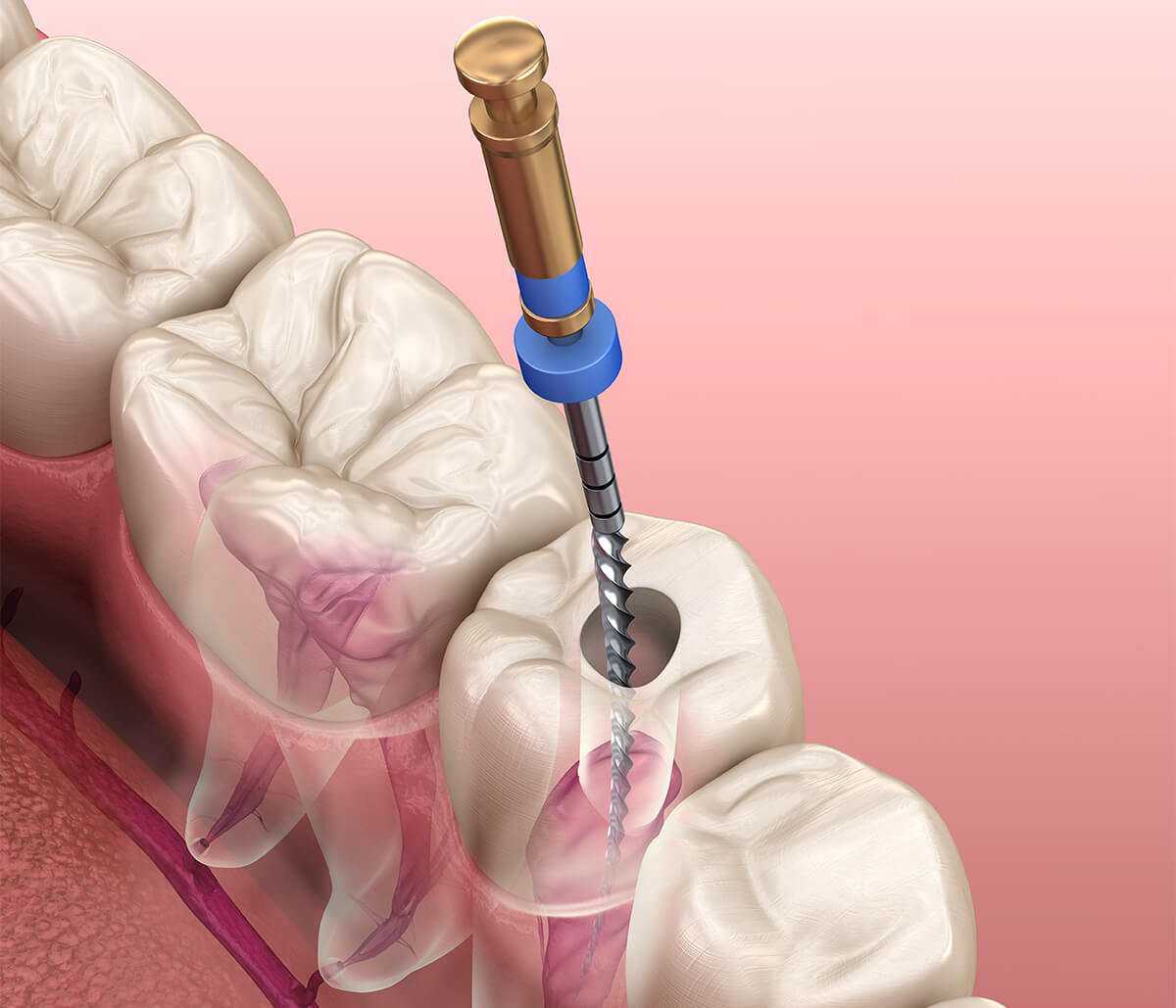Root canal treatment is a dental procedure aimed at treating infections in the tooth’s pulp and saving a damaged or infected tooth. It is a crucial treatment that can prevent further oral complications. The symptoms leading to the need for root canal treatment in Dubai(علاج قناة الجذر في دبي) often arise from deep infection or trauma to a tooth. If you're noticing any of the following signs, it may be time to seek professional advice to determine if a root canal is necessary.
Persistent Tooth Pain:
One of the most common indicators of needing root canal treatment is consistent, throbbing tooth pain. This pain might increase when you eat or drink, especially with food or liquids that are hot or cold. The discomfort can worsen over time, making it hard to ignore. The pain is typically caused by an infection within the pulp of the tooth, where nerves and blood vessels are located.
Sensitivity to Temperature:
Excessive sensitivity to hot and cold temperatures is another symptom pointing toward the need for root canal treatment. If the discomfort lingers long after exposure to hot or cold foods or drinks, it’s a sign that the pulp of your tooth may be inflamed or infected. The nerve in the tooth reacts abnormally to temperature changes, causing persistent discomfort that should not be overlooked.
Discoloration of the Tooth:
A darkening or discoloration of a tooth, especially one that was once healthy, could indicate that the pulp inside the tooth has been damaged or infected. This is a visual clue that often accompanies more severe symptoms. The discoloration happens because of the death of the pulp, leading to the tissue breaking down and affecting the tooth’s color.
Swelling or Tenderness in the Gums:
Swollen or tender gums near a specific tooth can indicate an underlying infection. The infection may spread from the tooth’s pulp to the surrounding tissues, causing inflammation and discomfort. In more severe cases, you may notice a pimple-like bump on your gums that discharges pus—signifying the presence of an abscess. This abscess indicates a severe infection that requires immediate treatment to avoid further complications.
Pain When Chewing or Touching the Tooth:
If you experience pain while chewing, biting, or even touching the affected tooth, it may be a sign that the pulp is infected. This type of pain typically results from the pressure applied to the tooth, which aggravates the inflammation and infection inside. Even gentle pressure from brushing your teeth can intensify the discomfort, making it challenging to maintain normal eating or brushing habits.
A Persistent Bad Taste or Odor in the Mouth:
An unpleasant taste or odor in your mouth that doesn't go away could be a sign that there’s an infection in the pulp of a tooth. This is often a result of the bacteria growing in the infected pulp and releasing toxins. The bacteria may even spread to the surrounding tissues, leading to abscess formation. This type of infection is not only uncomfortable but can also affect your overall oral health.
Swollen Lymph Nodes or Fever:
In some cases, the infection from the tooth can spread further, causing systemic symptoms such as swollen lymph nodes or fever. These symptoms suggest that the body is responding to the infection. When an infection in the tooth is left untreated, it can lead to more serious complications. It's essential to address these symptoms early to prevent the infection from spreading further and affecting your overall health.






Comments